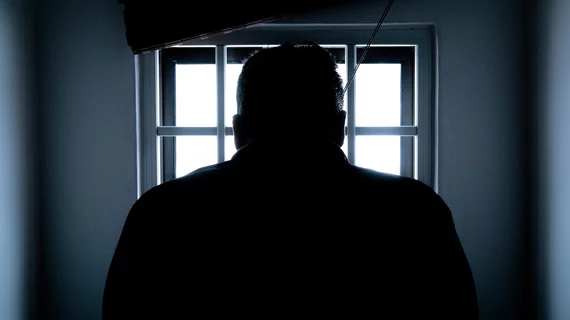Healthcare fraud running rampant in South Florida
South Florida is “ground zero” for healthcare fraud, with companies popping up left and right ready to bilk Medicare and Medicaid for millions of dollars.
That’s according to a recent report by CNBC, which found the proliferation of healthcare fraud has outpaced the abilities of investigators and the Department of Health and Human Services (HHS). Healthcare fraud is a huge problem for Medicare and Medicaid, with estimates that taxpayers are losing more than $100 billion per year to fraud, according to the National Health Care Anti-Fraud Association.
CNBC spoke with Omar Pérez Aybar, special agent in charge for Florida, who explained how companies in Florida will set up shop with physical locations that essentially act as a shell for them to bill Medicare or Medicaid for fraudulent services. According to Pérez Aybar, shutting down these companies is like playing “whack-a-mole,” because another just pops up in its place.
Much of the fraudulent activity is taking place in Miami and Florida, though it’s also happening around the country. Florida was recently ground zero for a major fraud scheme involving fake nursing diplomas. The scheme allegedly created more than 7,600 fake nursing diplomas issued by three now-shuttered South Florida-based nursing schools.
Pérez Aybar explained to CNBC that the fraud in Florida is so brazen that one supposed medical device supply company even had an address in the same building as HHS’ Office of Inspector General, which investigates Medicare and Medicaid fraud. A routine check found the location was just a mail drop designed to look legitimate on paper, and an investigation revealed what was likely Medicare fraud.
In addition, empty malls in Florida are also increasingly being rented by shell companies committing healthcare fraud. According to fraudsters, the billing practices are just too easy to pass up––even with the huge risks of potential jail time and huge fines.
See the full story below:

